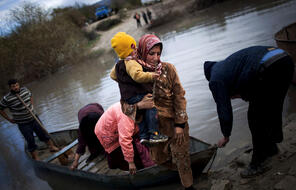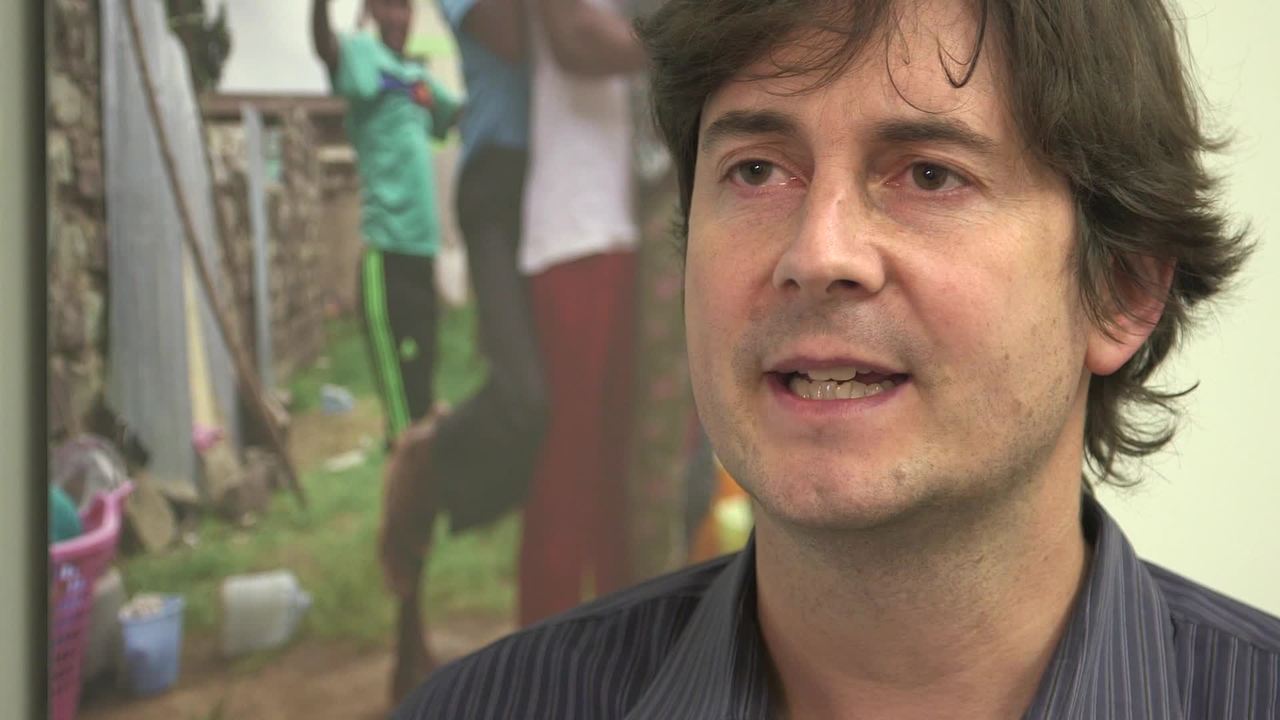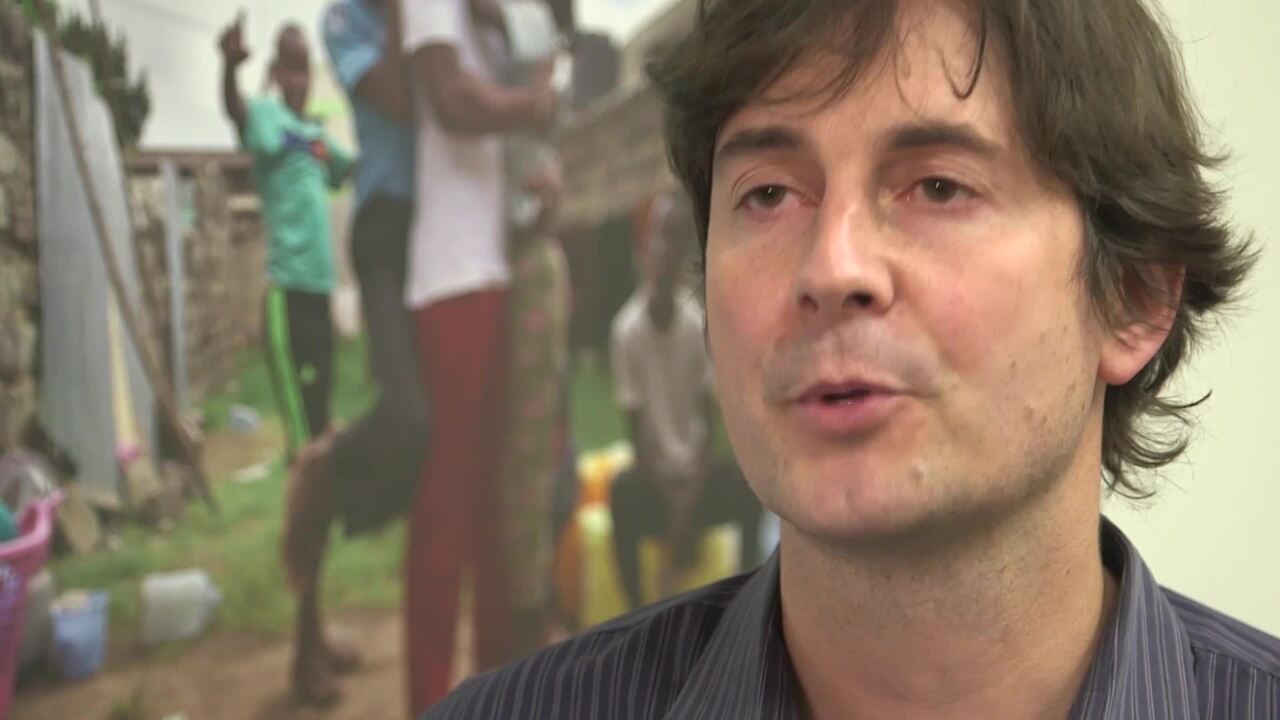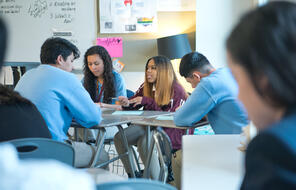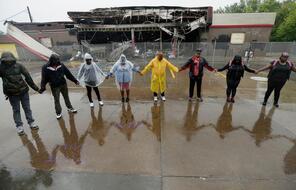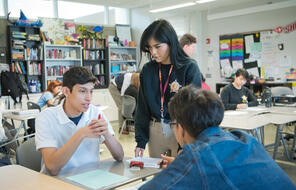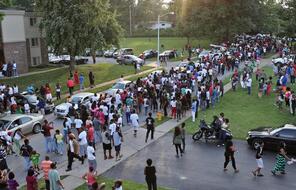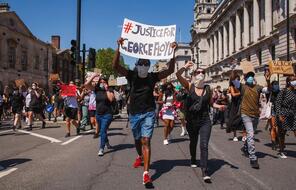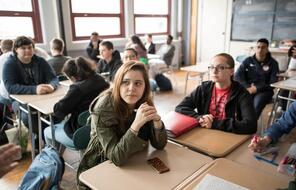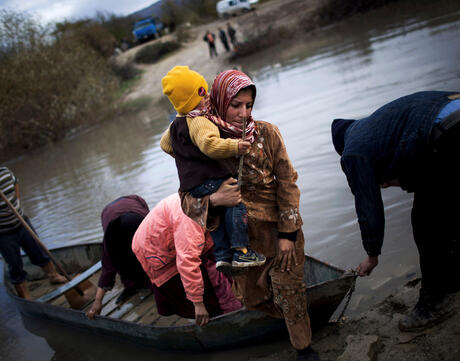
The Refugee Crisis and Human Responsibility
At a Glance
Language
English — USSubject
- Civics & Citizenship
- History
- Social Studies
Grade
6–12Duration
One 50-min class period- Democracy & Civic Engagement
Overview
About This Lesson
The United Nations reports, “We are now witnessing the highest levels of displacement on record. An unprecedented 65.6 million people around the world have been forced from home. Among them are nearly 22.5 million refugees, over half of whom are under the age of 18. There are also 10 million stateless people who have been denied a nationality and access to basic rights such as education, healthcare, employment and freedom of movement . . . nearly 20 people are forcibly displaced every minute as a result of conflict or persecution. . . . ” 1
This lesson asks students to consider the ethical and legal implications of the global refugee crisis and what those implications mean in terms of our human responsibilities. Through the activities, students explore the global refugee crisis by looking at the legal frameworks for establishing the rights of refugees, insights and analysis from an expert who has dedicated his life to these issues; and a poem—“Home,” by Warsan Shire—that will help students make an emotional connection to this crisis. As detailed in the context section, this crisis affects millions of people, and such staggering numbers may well be impossible for students to imagine. This lesson is designed to help students begin to understand both the breadth of this crisis as well as some of the human beings involved.
- 1“Figures at a Glance,” UNHCR website, accessed June 23, 2017.
Preparing to Teach
A Note to Teachers
Before you teach this lesson, please review the following guidance to tailor this lesson to your students’ contexts.
Lesson Plans
Activities
Materials and Downloads
The Refugee Crisis and Human Responsibility
Additional Resources
Unlimited Access to Learning. More Added Every Month.
Facing History & Ourselves is designed for educators who want to help students explore identity, think critically, grow emotionally, act ethically, and participate in civic life. It’s hard work, so we’ve developed some go-to professional learning opportunities to help you along the way.
Exploring ELA Text Selection with Julia Torres
On-Demand
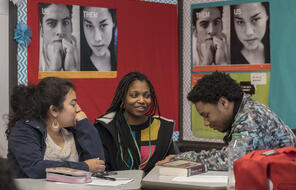
Working for Justice, Equity and Civic Agency in Our Schools: A Conversation with Clint Smith
On-Demand

Centering Student Voices to Build Community and Agency
On-Demand


